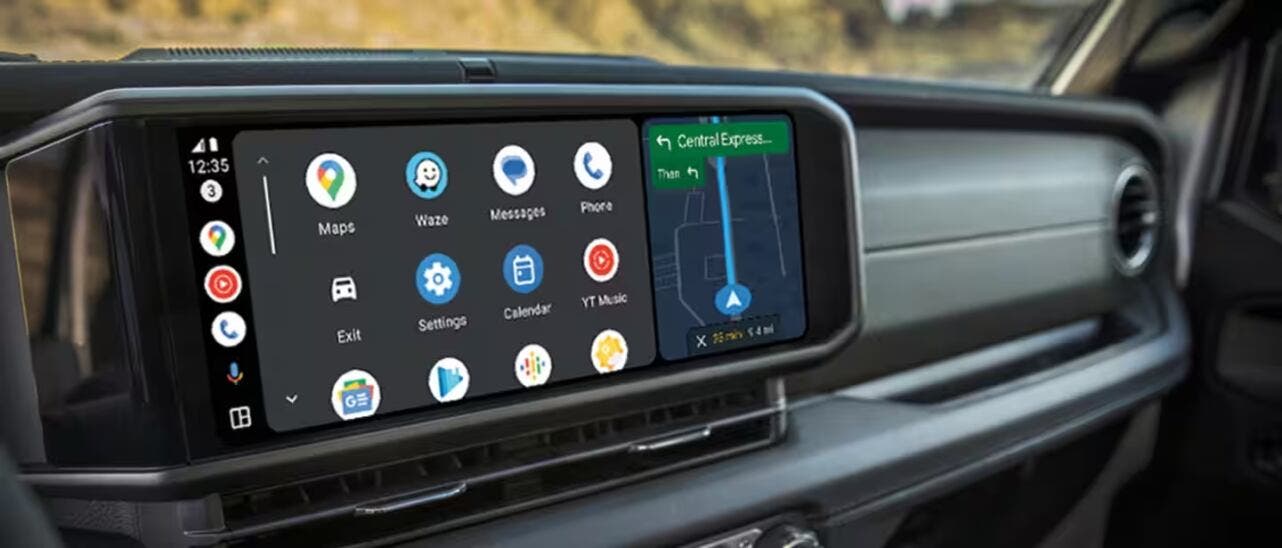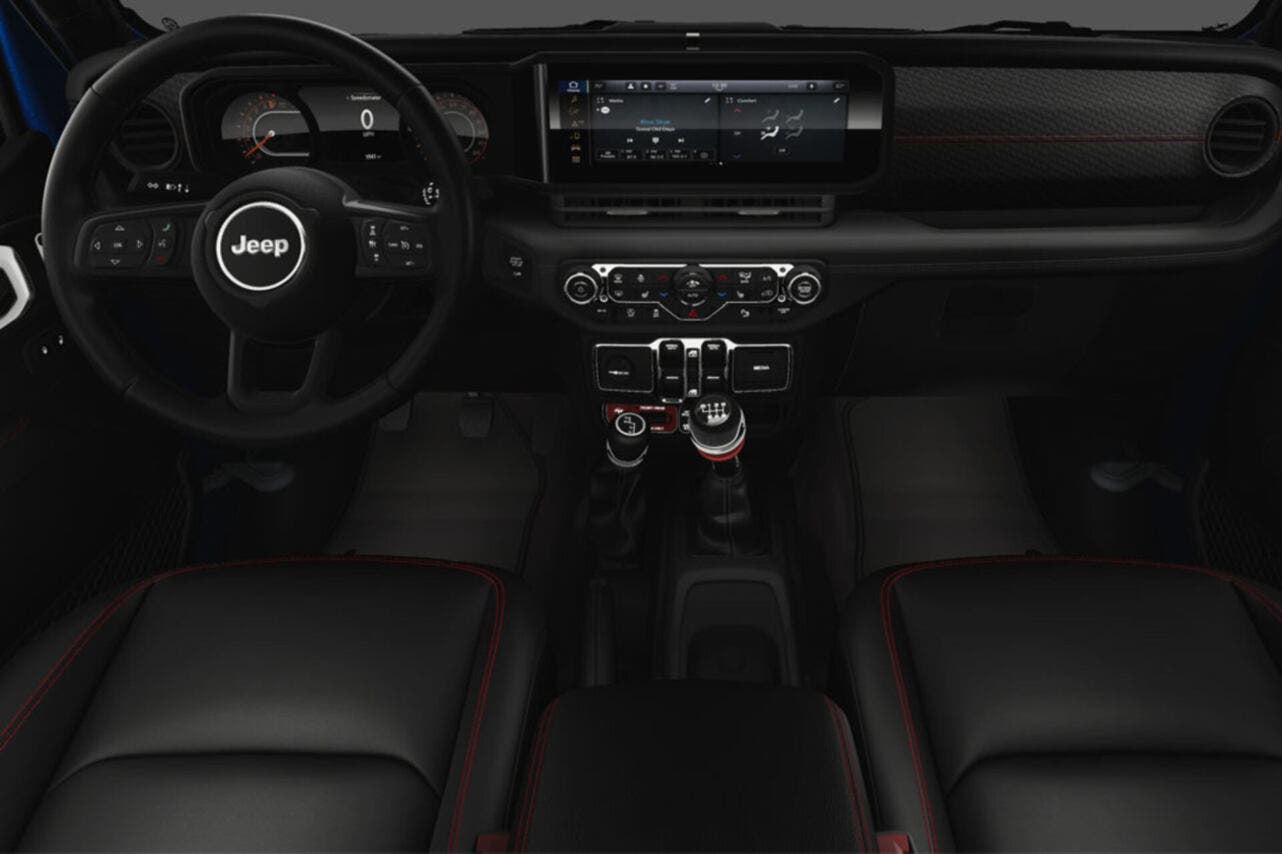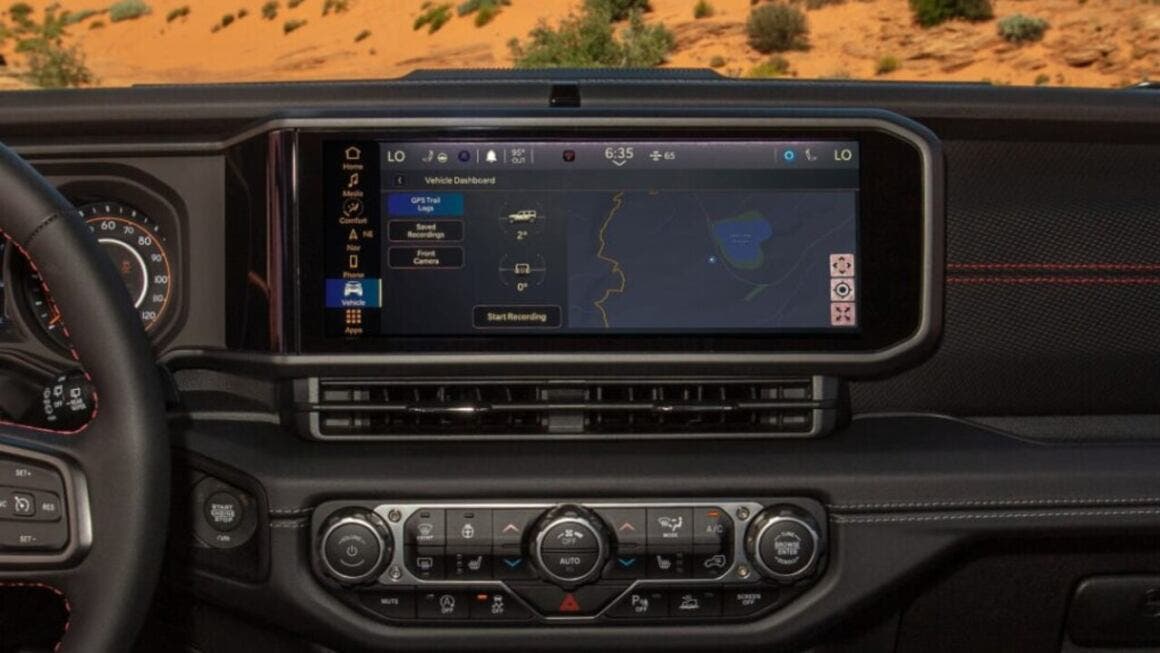The saga began with a problematic Over-the-Air (OTA) update targeting the U-Connect system of several Jeep hybrid models, with owners of the venerable Wrangler 4xe PHEV apparently drawing the short straw. Released initially around October 10th, this supposed enhancement, aimed at the mundane telematics box module, turned out to be the digital equivalent of a hand grenade. Suddenly, the forums were ablaze.
Reports detailed alarming scenarios: Christmas-tree dashboards, catastrophic power loss at highway speeds, and, most terrifyingly, vehicles completely dying in traffic. Social media, especially the teeming communities of Jeep 4xe owners on Reddit and Facebook, was flooded with owners whose hybrid SUVs, after receiving the update and attempting the requisite parking/reboot cycles, had simply been bricked, reduced to expensive, immovable sculptures. Videos of these newly minted roadblocks are now circulating, showcasing the terrifying sequence of alerts before the power grid locks up.

Jeep, to their credit, quickly pulled the faulty software. A fix, another obligatory software update, was reportedly found by the weekend, set for distribution on Monday, requiring affected vehicles to be in an area with good cellular service, because apparently, even an automotive crisis can’t escape the demands of a mobile network. Owners who hadn’t taken the plunge were immediately advised to avoid accepting the update, essentially treating their sophisticated, connected SUV like a piece of vintage electronics.
This fiasco, however, is merely the latest, most dramatic exhibit in a larger industry trend. Every car manufacturer, desperate to be viewed as a “tech company”, is embracing the concept of the software-defined vehicle, conveniently forgetting that in the software world, incomplete or poorly tested code is standard operating procedure.

Whether it’s Rivian’s non-finishing updates, Tesla’s alleged phantom braking linked to patches, or GM and Ford grappling with infotainment and power loss after updates, the pattern is clear: remote vehicle updates are creating as many, if not more, headaches than they solve.
The profit potential is undeniable, selling data, limiting features, or making cheaper software solutions instead of expensive physical recalls, but the cost to customer confidence when your $60,000 off-roader is disabled by a U-Connect tweak is immeasurable.
